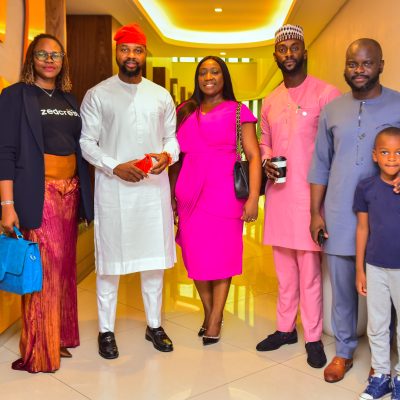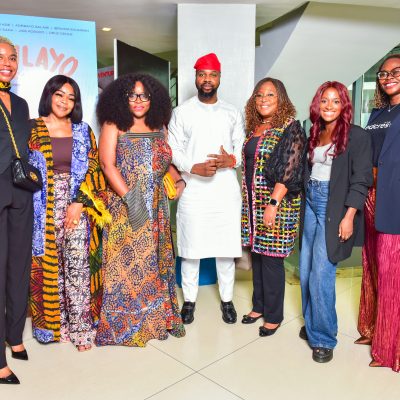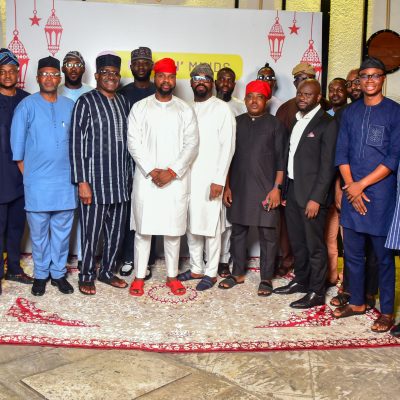“94 percent trust rate, 96 percent joy rate, 100 percent retention – it made me feel like all of this work was worth it after all.”
Chude Jideonwo isn’t speaking about the results from group therapy. He is talking about his proudest achievement in his last year as leader of his company, RED.
“It’s ridiculous for me to say this, being a 32-year-old who has seen some of the world,” he wrote. “But it only hit me in the past couple of years that this is the economic system that we have – enterprises build wealth, and the wealth is first and foremost for the benefit of the person who built the enterprise. I never quite got that. And because I never got that, I never ran RED like that.”
So, how did he run RED? Like a not-for-profit, he says.
“Adebola (Williams, his co-founder) and I have never taken a profit from this business, which is quite normal for many wise young businesses at the starting stage of course, because you’re building and re-investing. But, on a deeper level, we just have always had proper finance processes from the start, and so we never did that thing where you don’t know the boundaries between company monies and personal monies, and you just dip in to meet your needs as you grow. It just felt sacrilegious, like we were taking from a person, in this case a corporate person.
“We decided early on to be paid on personal commissions, and haven’t ever taken a salary, so that our fortunes are tied to the fortunes of the company. And we began to incentivize ourselves from early, to build the capacity of other team members as resource engines.”
If he didn’t build RED to make money, then the natural question would be: why did he build it?
“Because business was the only tool we had to actualise the vision. I like the idea of business. Actually I love it. The idea that you are forced to create products or services of value, and to find a resource model, and to compete for attention of people by fine-tuning and innovating and improving. Actually, what I love is the entrepreneurial method, which really you can find in not-for-profits, or faith organizations or even governments, but its clearest expression is business, where profits are the main incentive for creation.
Read full post on Forbes





